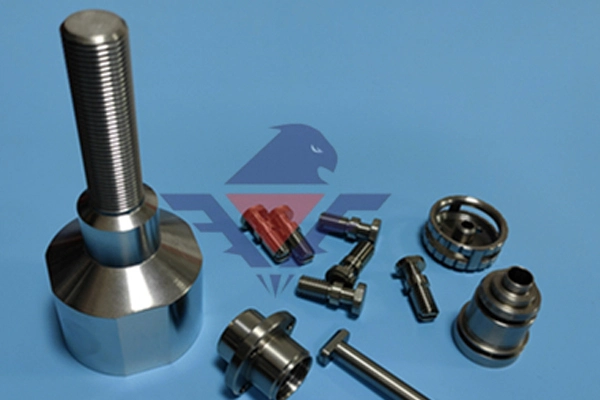
# Precision Swiss Machining for Complex Components
## The Evolution of Swiss Machining Technology
Swiss machining has revolutionized the manufacturing industry with its unparalleled precision and efficiency. Originating in Switzerland during the late 19th century for watchmaking, this advanced machining technique has evolved to become the gold standard for producing complex, high-precision components across various industries.
## What Makes Swiss Machining Unique?
The Swiss machining process stands apart from conventional CNC machining in several key aspects:
Keyword: Swiss Machining
– Simultaneous operations: Swiss machines can perform multiple operations in a single setup
– Exceptional precision: Capable of maintaining tolerances within ±0.0002 inches
– Reduced vibration: The guide bushing system provides superior support for the workpiece
– Ideal for small parts: Particularly effective for components with diameters from 0.5mm to 32mm
## Applications Across Industries
Swiss machining serves critical roles in numerous sectors that demand high-precision components:
### Medical Device Manufacturing
The medical industry relies heavily on Swiss machining for producing surgical instruments, implants, and diagnostic equipment components that require absolute precision and biocompatible materials.
### Aerospace Components
Aerospace applications benefit from Swiss machining’s ability to create complex, lightweight parts with tight tolerances from high-strength materials like titanium and Inconel.
### Electronics and Microtechnology
The electronics industry utilizes Swiss machining for connectors, contacts, and other miniature components essential for modern devices.
## Advantages of Swiss Machining
Choosing Swiss machining for your complex component needs offers numerous benefits:
– Reduced material waste due to precise cutting
– Lower production costs for high-volume runs
– Faster production times with complete part completion in one setup
– Superior surface finishes that often eliminate secondary operations
– Ability to machine difficult materials with ease
## Selecting the Right Swiss Machining Partner
When looking for a Swiss machining provider, consider these factors:
– Experience with your specific industry requirements
– Quality certifications and inspection capabilities
– Material expertise and range
– Capacity for both prototyping and production runs
– Commitment to continuous process improvement
## The Future of Swiss Machining
As industries continue to demand smaller, more complex components with tighter tolerances, Swiss machining technology is advancing to meet these challenges. Innovations in automation, tooling, and software integration are making Swiss machining more efficient and accessible than ever before.